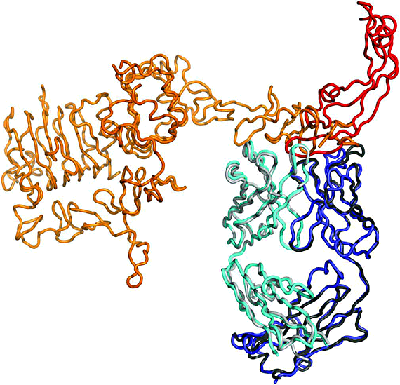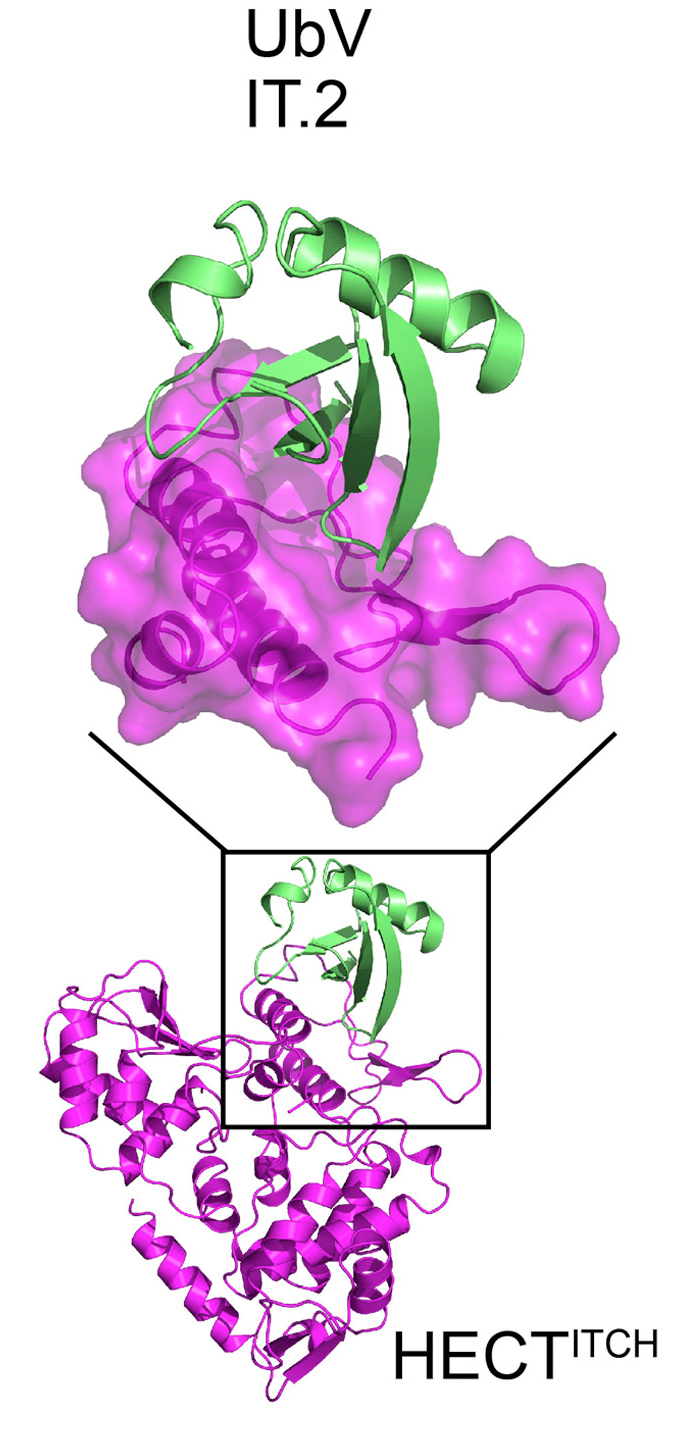

The TRAC was established in 2010 within the Sidhu lab at the Donnelly Centre of the University of Toronto. The TRAC follows the Donnelly Centre philosophy, which is built around multidisciplinary research with an emphasis on the development and application of functional genomics technologies. The TRAC lab has now relocated to a space within the Accelerator for Donnelly Collaboration (AcDC) in the Medical Sciences Building.
The TRAC has assembled a world-class team made up of some of Ontario's most prominent scientists and clinician-scientists with an unusually broad repertoire of research expertise and biological interests, tools, and reagents. The combination of this expertise with TRAC's powerful technologies allows the Centre to produce thousands of high-quality antibodies and biologics against numerous diverse targets, which can be immediately evaluated for therapeutic, diagnostic and research potential.
While the TRAC initially focused on the generation of synthetic proteins using antibody scaffolds, it has now expanded the realm of small proteins that can be engineered to produce modulators of protein function. Notably, libraries of protein variants built on the ubiquitin scaffold (UbVs) have been successfully used to produce inhibitors and activators of enzymes in the ubiquitin proteasome system. Other scaffolds are currently being engineered into libraries of variants that can be screened for binding to a wide variety of targets.
In light of the current COVID-19 pandemic situation, TRAC resources have been temporarily redirected to projects aimed at rapidly generating therapeutics to fight the SARS-CoV-2 virus, including antibodies to prevent viral entry into human cells, and UbV and small molecule inhibitors of enzymes critical to viral propagation. See news page for more details.
The TRAC is staffed by a talented scientific team of research associates, post-doctoral fellows and technicians working under the supervision of Dr. Sidhu and two team leaders, Dr. Lia Cardarelli (Antibodies) and Dr. Jacky Chung (UbVs), and functions through various collaborations with academic and industrial partners.

Antibodies
Since its inception, the TRAC has generated thousands of therapeutic-grade antibodies against hundreds of distinct human antigens. Selections against well-folded antigens have a >90% success rate. The TRAC has also established a rapid affinity maturation strategy that can be applied to pools of binders to generate antibodies with subnanomolar affinities, which are as good or better than conventional hybridoma antibodies. Additionally, in collaboration with Dr. Moffat, the TRAC optimized a new, proprietary method ("CellectSeq", patent-pending) to screen phage-displayed antibody libraries directly against targets expressed on cells, bypassing the need for antigen purification. This is especially relevant to membrane-associated proteins, which represent more than 70% of drug targets. The TRAC has also built and optimized several phage-displayed libraries of synthetic antibodies in various formats (e.g. antibody fragments (Fabs), single chain variable fragments (scFvs)), and is currently developing an array of novel antibody formats (e.g. autonomous VH domains, diabodies, bi-specifics, BiTEs) for various applications. Antibodies produced by the TRAC have been used to detect secreted and cell surface proteins in cell biology experiments, and have been validated as effective probes and modulators of cell signaling. Some of the antibodies produced at TRAC are currently being further developed as therapeutics by industrial partners.

Ubiquitin variants
The TRAC’s high throughput phage display-based pipeline has been used to generate variants of ubiquitin (UbVs) targeting more than 150 proteins in the ubiquitin proteasome system thus far, with the goal of eventually targeting all ubiquitin-binding proteins. These variants have been validated as highly specific modulators for the activity of their targets, with potential benefits for new therapeutics development, in collaboration with academic experts in the field. The ubiquitin variants are being further developed for commercial and therapeutic purposes in collaboration with industrial partners. Additionally, working with the group of Dr. Roman Melnyk (SickKids Research Institute), UbVs are used in displacement screens to identify small molecules with similar functional properties.